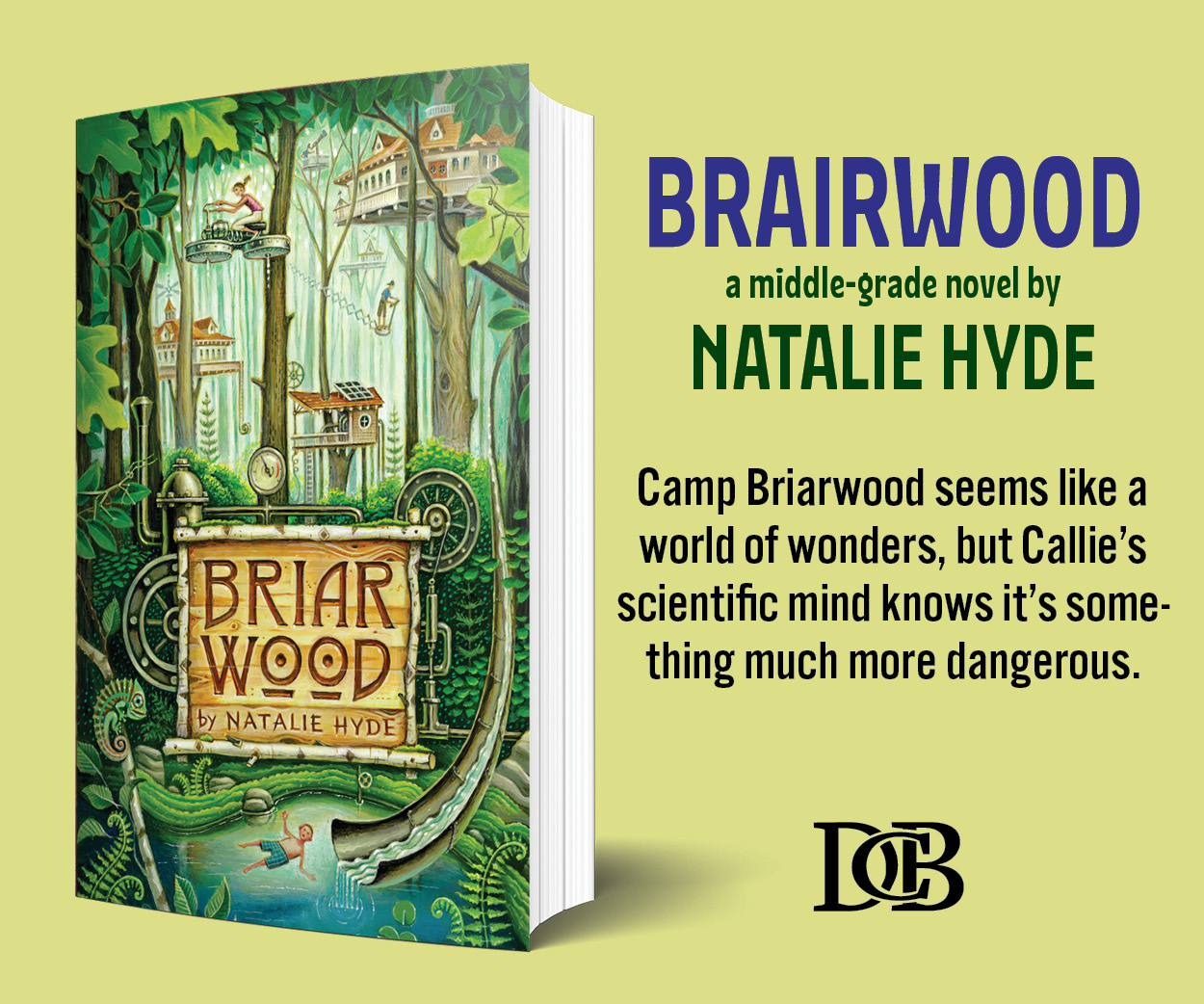Bobcaygeon
By Andrew Forbes
This is a damned weird country. Culturally and geographically, it has some peculiarities which rest not off to the side but squarely in the middle of our shared national consciousness. There is a rib of Precambrian rock which juts out of the earth and runs through much of the middle of the country, a hard and barren interruption. What do we do? We build cottages on it, run highways over it, paint pictures of it. A band emerges from a city made of limestone and sings songs about Canadian novelists and Elvis's manager and tragic hockey figures. So what do we do? We make them the most famous band in the country and graduate them to some higher national realm where they mingle with our most venerated writers and political figures and artists, past and present, and where they are required to stand emblematic of much more than they'd ever likely intended, but it's okay, because it turns out they're pretty comfortable in the role, and good at filling it.
If you're reading this you're likely, A) Canadian, and B) on the Internet, so I going to go ahead and guess that you've heard today's news about Tragically Hip frontman Gord Downie's terminal cancer diagnosis, and the band's decision to engage in a summer-long living wake for Downie while undertaking one final tour. This is heroic and admirable, but also kind of Canadian in its edge of humility. “I guess we'll head out one more time, if folks want to come see us,” they seem to be saying, like they're inviting every last one of us up for a barbeque which, while inspired by a sorrowful bit of news, will also be a certain good time, with plenty of boxes of beer and many people sitting around in camp chairs and lots of laughs and guitars.
It would be dishonest of me to claim to be a huge Tragically Hip fan. I certainly was, once, in high school, but as their ubiquity gelled it didn't seem to be necessary to be the first to buy a new album of theirs or keep up with their catalogue; you'd hear it all anyway. As they rose to something like icon status we were all sort of constantly aware of them, and so being a fan became, in a way, moot. Much of what I associated with fans of what had become commonly called “The Hip” -- like, say, men wearing sandals and summer music festivals – had grown up around them independent of the efforts of Downie and company, and seemed neither directed by them nor to direct them. They just kept on. In so doing they always had, and still retain, my respect for their efforts at the examination of a national identity that we'd too often thought of only in terms of negatives (i.e. “not American,” “not British.”) but which, through their music, many of us were able to recognize as assertive qualities, which is to say genuinely unique aspects of what it is to live in this big, strange country. That that music was by turns literary, bluesy, angular, obtuse, folksy, anthemic, and rambling only served to underline their message. They, like us, were uncommon hybrids.
What's weird is that I conceived of this column initially not because of today's announcement, but because of a couple of experiences I had over the May Two-Four weekend. Victoria Day is, even more than Canada Day, the most Canadian of holidays, a long weekend given over to the nominal celebration of a dead foreign monarch, but which most of us know to be the celebration marking the end of the long winter, and the beginning of our brief, lush, itchy summer. In traffic on a hot afternoon, waiting to cross a bridge over a canal which had been reduced to one lane in accordance with national traditions associated with our longest season, Construction, and while scanning the radio dial (Bieber-Bieber-Adele-Bieber), we found the classic rock station playing “Blow at High Dough.” The scanning ceased. Wordlessly, or rather while verbalizing nothing but the lyrics each of us knew (“They shot a movie once in my hometown...”), every person in the car over the age of 30 shared an understanding that it, as well as several other Tragically Hip songs, is required listening, something even those of us who would not profess great love for “The Hip” could never claim to hate. It is – they are – an expression of common experience, and the fact that such an expression should come via a band that exploits blues and classicist rock alongside more avant leanings while talking about Hugh MacLennan and Bill Barilko outlines a piece of the puzzle of our lovably bizarre national character. It used to be that in order to be one of our most beloved musical or cultural icons, you had to leave. But Kingston's boys stayed unapologetically put, wrote songs about the most obscure bits of Canadiana, and now we talk about them in abbreviated terms alongside those who left: Joni, Neil, Leonard.
The day after hearing “Blow at High Dough” in traffic I saw a beaver hiding under a car in the LCBO parking lot. This is true. And as I looked I thought to myself, “Am I looking at the most Canadian scene imaginable?” Then, of course, I started singing “Blow at High Dough” again. And finally, at the tail-end of the long weekend, when I asked my sister-in-law what she'd done on Victoria Day, she said, “We went to that big shoe store in Bobcaygeon.” I needn't tell you what everyone else in the room began to do next.
Your CanLit News
Subscribe to Open Book’s newsletter to get local book events, literary content, writing tips, and more in your inbox
I spent a portion of this morning engaged in what I expect a good chunk of the readers of this site were also doing: watching Tragically Hip videos on YouTube. Many people I know, and many more I don't, are expressing something like mourning, though of course Downie is still very much alive. But people seem desperate to talk about what he and his band mean to them. In a sense this news, and the outpouring it's inspired, is about us in a way that feels selfish but isn't. It's about how such an illness in such a person -- someone, after all, who was with many of us as we grew up -- is a blow to our lives, an intimation of mortality that feels premature, though of course isn't, or maybe all such intimations are premature, regardless of when they occur. When we express sadness for Gord Downie and the news today revealed, we're expressing it for him as a person, but also for the impending loss of an artist whose gift was always to slide into place a few more pieces of the puzzle of our collective identity, as strange and atypically beautiful as it is, and to give us new terms by which to understand ourselves: not as what we are not, but rather as what we are.
The views expressed in the Writer-in-Residence blogs are those held by the authors and do not necessarily reflect the views of Open Book: Toronto.
The views expressed in the Writer-in-Residence blogs are those held by the authors and do not necessarily reflect the views of Open Book.
Andrew Forbes’s work has been nominated for the Journey Prize, and has appeared in The Feathertale Review, Found Press, PRISM International, The New Quarterly, Scrivener Creative Review, This Magazine, Hobart, The Puritan, All Lit Up, The Classical, and Vice Sports. He is the author of What You Need, a collection of fiction, and The Utility of Boredom: Baseball Essays. He lives in Peterborough, Ontario.


